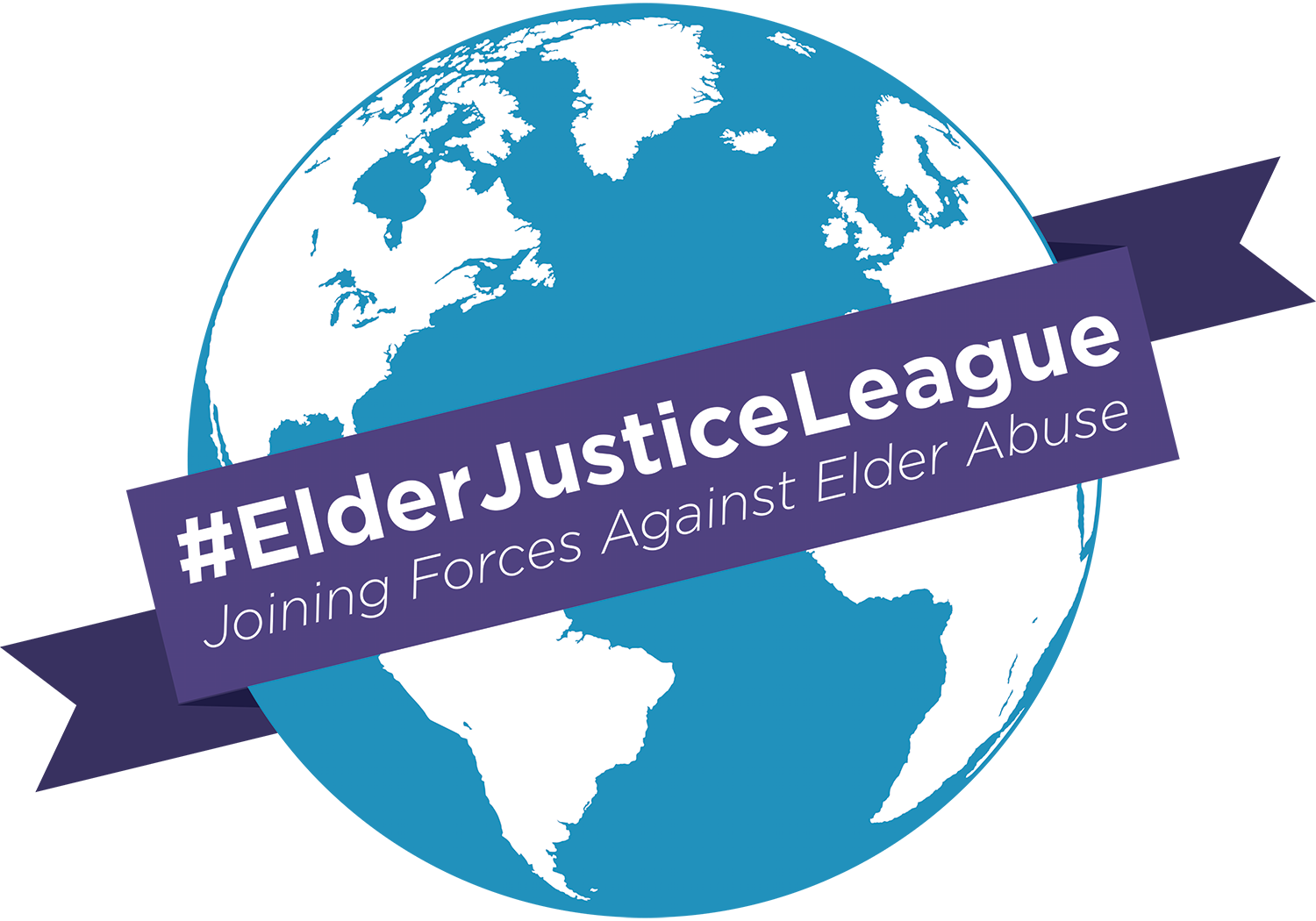- Details
- Published: 12 June 2015
By Heather Campbell
As Canadians head to the polls this fall, several barriers stand between some older adults and the ballot box. Those with limited mobility may have trouble travelling to the polling place. Others may have difficulty completing advance ballots. A group at particular risk of political exclusion are people living with dementia.
The risk of disenfranchisement exists in practice, and less so in law. Canada is among only a handful of democracies that place no restrictions on voting rights for people with mental impairments. A recent study of 63 democracies found that four (Canada, Ireland, Italy and Sweden) do not have any voting restrictions on the basis of mental impairment.
Thus in Canadian federal elections, a dementia diagnosis does not disqualify one from voting. People with dementia have the right to participate in society as voting citizens.
Yet caregivers, family or friends may mistakenly believe the person cannot vote. Some may not prioritize the issue. When one is in the grips of late-stage dementia, bedridden and limp on antipsychotics, voting may not be a priority. Others may intentionally prevent the person from voting. Such civic isolation is a form of elder abuse. According to the UK Department of Health, “Abuse is a violation of an individual’s human and civil rights by any other person or persons.”
To be sure, Elections Canada programs such a mobile polling stations improve voting access for individuals living in long-term care or hospitals. However, from time to time, we hear suggestions that some elders in dementia units should not be allowed to vote. Indeed, such a statement was recently made in New Zealand, where some aged care providers reportedly called for a review of the Electoral Act with a view to disenfranchise people with dementia. The chief executive officer of the New Zealand Aged Care Association suggested that it could be paradoxical to have dementia unit residents registered to vote when they have been deemed unfit to make their own decisions. He stated, “To be able to determine someone has the will and ability to vote in an aged residential care secure dementia unit, I think, is a very high threshold. And I don’t see how it can be met.”
This position is troubling. Moving into a dementia unit should not be a democratic litmus test.
The risk of electoral exclusion is not limited to older adults in institutionalized settings. Those living at home may be among the most politically excluded members of society. The problem can be most acute for individuals receiving care from an adult child. Research shows that seniors who receive care at home from an adult child are less likely to vote than those who are cared for by a spouse.
We also heard concerns about dementia votes following the 2000 U.S. presidential election, where in Florida only 537 votes out of nearly six million separated candidates George W. Bush and Al Gore. Shortly after the election, Drs. Victor Henderson and David Drachman wrote, “Precisely because [Alzheimer’s disease] insidiously erodes the ability to make reasoned judgments informed by knowledge of recent and remote events, it is somewhat unnerving to consider that patients with dementia may routinely contribute to selecting the leader of the free world.”
However, as elder law expert Professor Nina Kohn reminds us, “The right to vote is not only of tremendous political value, but is also of tremendous symbolic and moral value. Disenfranchising a class of citizens … sends a powerful signal about the respect and significance such persons are to be accorded by their fellow citizens.”
As parties of all political stripes court older Canadians, special effort must be made to ensure people with dementia are able to exercise their right to vote. To do otherwise offends their dignity, violates their rights and undermines democracy.
 Heather Campbell is a Master of Laws student at the University of Saskatchewan.
Heather Campbell is a Master of Laws student at the University of Saskatchewan.
She previously practiced elder law in Vancouver, B.C.




















